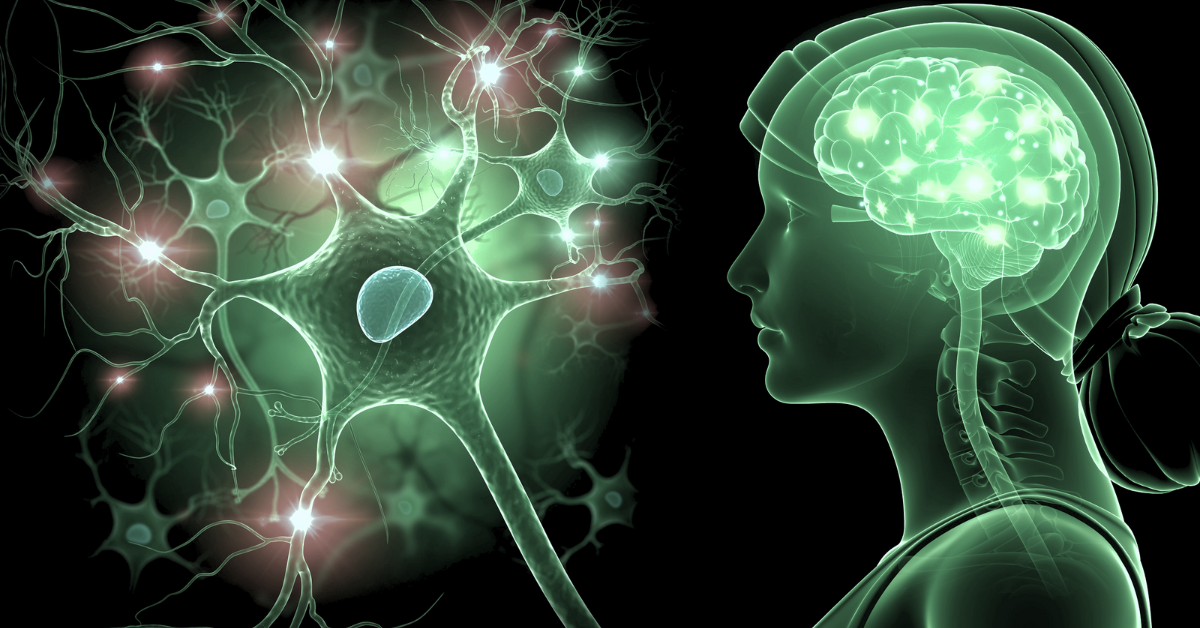
People with diabetes (PWD) are at an increased risk of developing conditions associated with the nervous system, such as neuropathy, stroke, and vision loss. But, the more you understand your body, the more you can help it help you. Here is some important information about your nervous system and how to keep it healthy.
About the Nervous System
Your nervous system consists of the central nervous system (brain and spinal cord) and the peripheral nervous system, an extensive communication network that branches off the spinal cord and spreads throughout your body, including your arms, face, legs, and digestive tract. The nervous system is critical in carryout out activities of daily living (eating, dressing, walking, etc.) and maintaining harmony within the body.
Like the cardiovascular system, the nervous system requires a balance of nutrients, antioxidants, calcium, glucose, magnesium, potassium, sodium, and a rich blood supply, to function at its maximum ability.
Potential Complications
Many things can drive our nervous system out of balance. Knowing the consequences of an imbalanced system is essential, but just because you have diabetes doesn’t mean you have to experience its associated complications. Knowing the conditions that can arise from an imbalanced nervous system can help you take the necessary precautions to preserve it. The more you know, the earlier you can address these systems with your healthcare team.
Chronic high blood sugars can damage your nervous stem. Like your other bodily systems, the nervous system alerts you when experiencing trouble. These signs and symptoms of an imbalanced nervous system include conclusion (brain), numbness, tingling, burning sensation, and weakness. In addition, when the nervous system is off-balance, other bodily systems can also experience issues. For example, decreased circulation to your legs affects your musculoskeletal system and how much blood returns to your heart (cardiovascular system). In addition, problems with how your nerves communicate affect how your digestive system moves food along its route, the nutrients absorbed, and how fast your digestive system removes wastes from your body (constipation and diarrhea).
How to Keep Your Nervous System Healthy
The primary source of energy for the brain and body is glucose. So instead of believing that sugar is the problem, balancing the number of carbohydrates you consume is essential. Including various fruits, herbs, and vegetables in your meal plan help to preserve your nervous system and other bodily systems. For example, in the digestive system, fiber helps to move nutrients and waste along and support nerve health. Antioxidants and Vitamin C support your lymphatic system in fighting off invaders that can potentially damage your nerves.
Other vital nutrients to support your nervous system include Vitamin B, lutein, and omega 3 (fish, flax seeds, and extra virgin olive oil).
In addition, blood flow (oxygen and nutrients) plays a critical role in nerve health and possibly nerve regeneration. Unmanaged stress, inactivity, and eating high-fat, sugary foods can impair blood circulation. Instead, aim to balance your activities (i.e., swimming, hiking, walking, etc.), rest, mind-engaging activities, and express healthy coping behaviors to help preserve your nervous system.
Meal Planning to Promote a Healthy Nervous System
Remember, your meal plans do not have to be boring. You can try new recipes or allow the recipes to spark your creativity. The key to a healthy nervous system and body is balance-balance in everything you do.
From the Academy of Nutrition and Dietetics:
Explore other recipes from Cleveland Clinic and Healthy Brain Recipes

